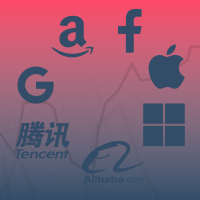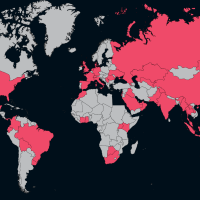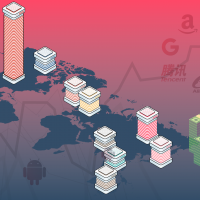Geopolitics of digital power Infographics
Who has digital power in the world? Digital power is partly determined by infrastructure: cables, satellites, data centres, computers, chips. Through a series of infographics, we explore the geopolitical struggle for controlling this infrastructure.
The world has a huge digital divide because its infrastructure is still mainly based in the North. 92% of North Americans have internet access compared to only 30% in Sub Saharan Africa.
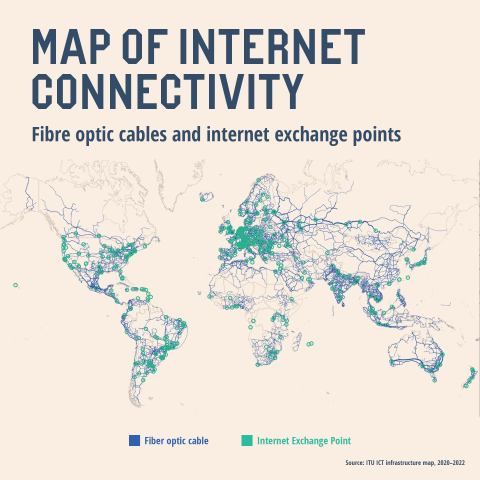
Data has been described as the ‘new gold’, so where it is stored matters. Big Tech is trying to force through trade rules that will keep data and control in the hands of a small group of mainly rich nations.
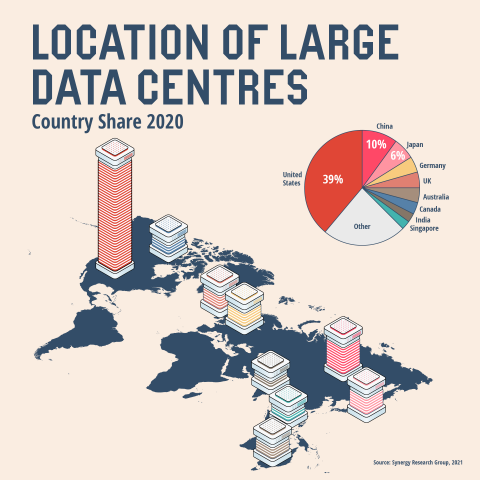
Supercomputers play a key role in research and industry. There has been a jockeying for dominance for several decades, but the superpowers of supercomputers are now clearly China and USA.
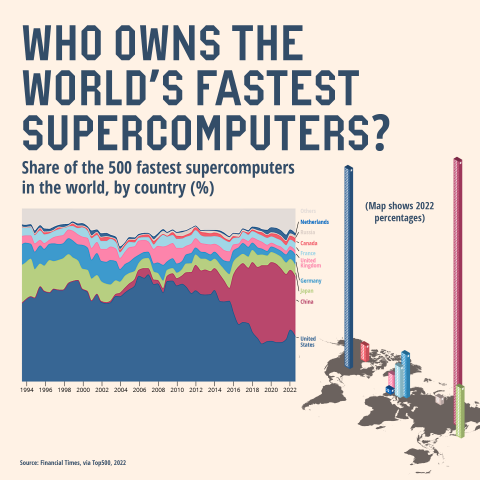
The number of satellite launches have risen dramatically in recent years, with Big Tech firms and billionaires leading the charge. In 2022, 1,702 satellites were launched in one year, more than the total number of operating satellites in 2016.
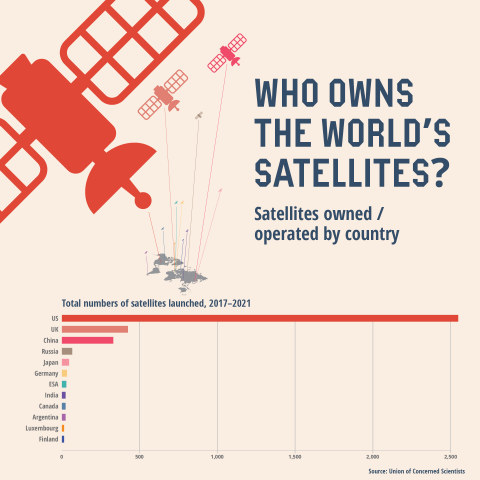
Digital power would not exist without semiconductors or chips found in all our digital devices. While the US dominates semiconductor R&D, China, Taiwan & South Korea dominate production. Rising hostility from the US towards China is partly fuelled by competition over who will control digital infrastructure in the future.
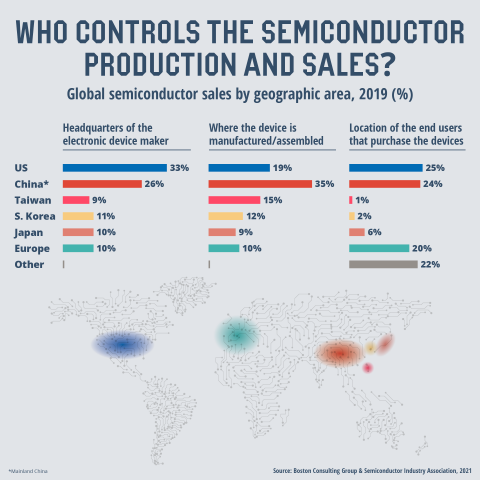
We live in a digital colonial world in which ‘dominant powers have used their ownership of digital infrastructure, knowledge, and their control of the means of computation to keep the South in a situation of permanent dependency.’ (Michael Kwet)
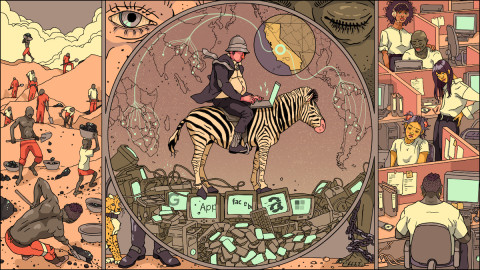
Illustration by Zoran Svilar
